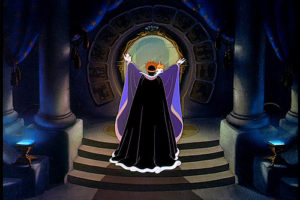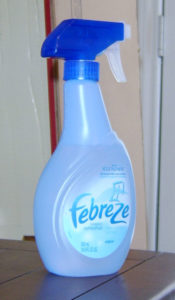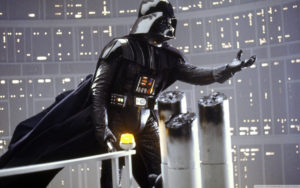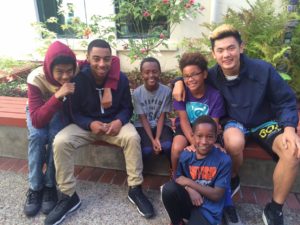One of today’s most baffling phenomenons remained relatively unheard of until internet paranormal enthusiast, Fiona Broome, coined the term “The Mandela Effect” to describe the experience of false memory. Lick-Wilmerding’s Anton Krukowski, one of LW’s Brain and Behavior teachers, describes it as a topic that




“sparked a very powerful conversation” when he presented a TED talk about false memory to his Brain & Behavior class just last year. “While I knew the talk was controversial,” he says, “I had not anticipated the range of reactions that the talk would elicit… It is a complex and important topic… It is not a simple story that can be absorbed in a soundbite, or in a quick internet meme.”
The term “Mandela Effect” was coined after thousands falsely reported remembering Mandela’s death when he was imprisoned, rather than in the winter of 2013. However, its recent gain in popularity has allowed an increase in interest in psychology and global enthusiasm for the relationship between science and mysterious cases like these. It’s hard not to delve into hours of research on articles that surround the phenomenon, however, below you’ll find some of the most the most popular examples: What causes so many people to remember such random details incorrectly? Broome claims it’s our world’s relationship with parallel universes or the result of mistakes in time travel leading to a butterfly effect of slight changes in our present day.
Discounting paranormal explanations, psychologists credit the phenomenon to the idea of confabulation: “a disturbance of memory, defined as the production of fabricated, distorted or misinterpreted memories about oneself or the world.” This more sensible explanation implies our frequency of spreading misinterpreted information, which is understandable when it comes to explaining effects like “Chucky Cheese.” For most, the relationship with the name Chuck E. Cheese is auditory rather than visual. Krukowski adds, “It is too complex a process to credit any one phenomenon as the explanation for why we remember some things vividly, forget others, or have faulty or modified recollections. We hold our memories as very precious and important to our sense of ourselves, so allowing for the idea that memory is a construct, and can change over the course of our lives, can be unnerving.”
However, the emotional attachment that many share with certain memories has suggested more than just a simple verbal mistake; Mirror Mirror is actually a title of a modern version of Snow White, despite the fact that those were not the actual lines of the Evil Queen. The “Berenstein” Bears, a childhood staple for many, would be hard to mistake for Berenstain, a different spelling and pronunciation. But the bears’ surname has always been spelled this way, named after the creators Jan and Stan Berenstain. Psychologists suggest that our memories are not always pure and are often based on what is most familiar to us: because it is more common for last names to end in -stein rather than -stain, our memory can become distorted when we encounter a variant version. Krukowski also adds the idea of the social aspect of the theory, saying, “It sounds like the concept of the Mandela effect is itself related to conformity – and I could imagine that the acceptance of this as a significant phenomenon could also be subject to social trends.” Perhaps we can connect our interest in the Mandela Effect to the continuation of our interest in science, specifically psychology, which is now the fourth most popular major among America’s college students. Lick-Wilmerding now has four sections of Brain & Behavior due to the number of students wanting to take the course. Even our own student body shares distorted memories. Over 60% of student responses to a Paper Tiger survey sent out to Lick-Wilmerding were incorrect when choosing between the images listed above.
One survey taker, Solenn Grainger-Monsen ‘17, talks about the paranormal explanation for the Mandela Effect, “It’s a conspiracy spun out of control. It’s the human desire to attribute something to some greater sci-fi phenomenon when it’s really our own error.”
Another survey taker, George Dicke ‘17, shares that “Topics like the Mandela Effect make me more curious to explore the role of psychology in my life,” adding, “if I were to redo my course selection, I would’ve taken B&B.”
When asked if this new interest excites him as a science teacher, Krukowski replied, “I think whatever makes people curious about what makes us tick can be a good thing. It is just important to get students motivated to get to the bottom of stories, and to have a critical eye for what is good research and what is superficial or anecdotal.” So, whether the explanation for these mis-memories is parallel universes, time travel, or simply human error, it remains clear that such scientific controversies can often fuel our fascination with how exactly our brains work, especially in igniting an interest in psychology in those who have never had it before.






